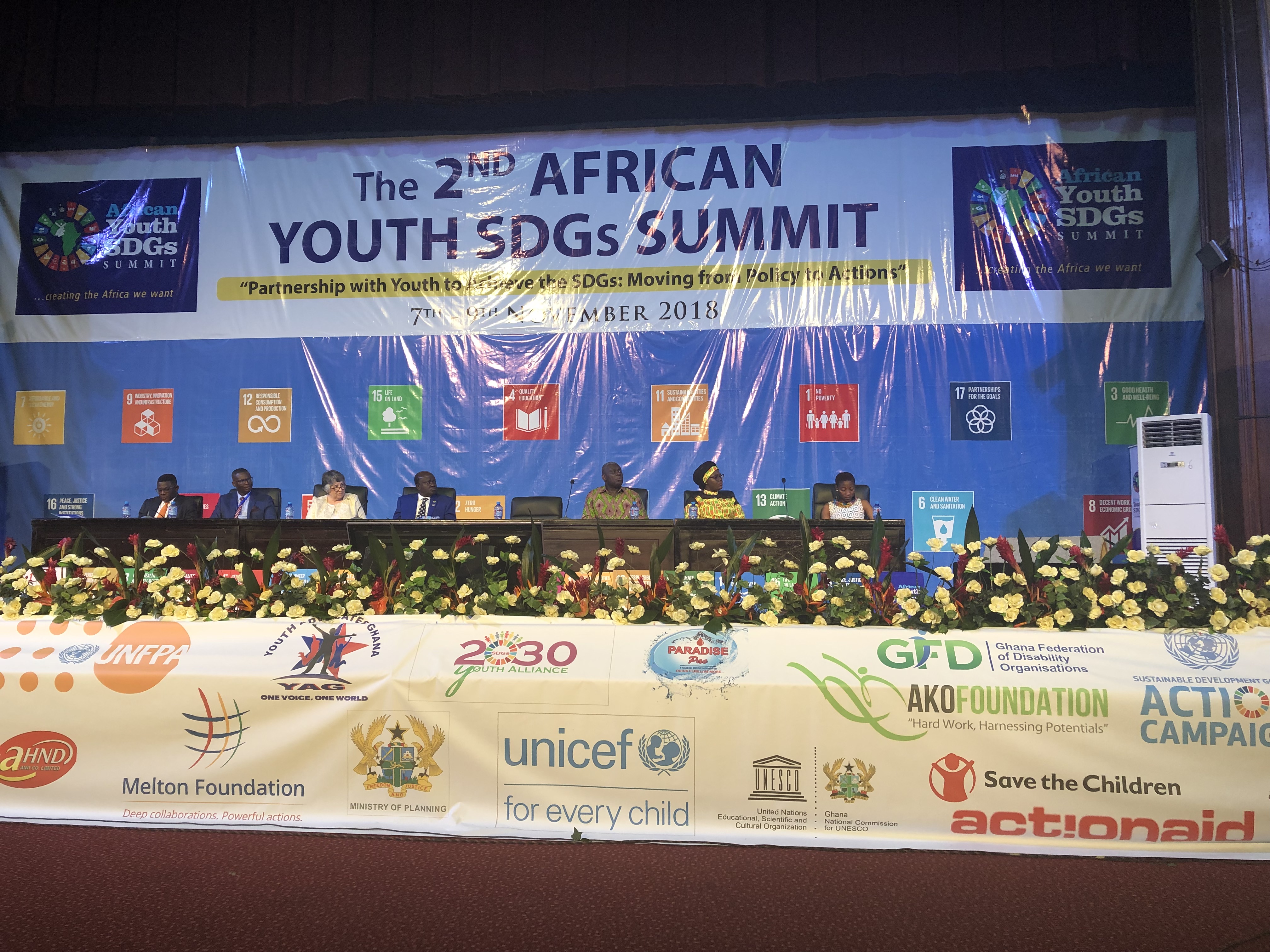Last week in Abuja, Nigeria, CAFOR Executive Director attended the First Conference of the African Scientific Research and Innovation Council which started on 27th November 2018. The conference organized by the Department of Human Resources, Science and Technology of the African Union Commission has brought together leading scientists and science researchers from all the regions of the African Continent. This conference reviewed the statute of the African Scientific Research and Innovation Council known as ASRIC and elected its first Bureau with Professor Ratemo W. Michieka of the Kenya National Academy of Sciences emerging as President of ASRIC. Congratulations to Prof. Michieka.

H.E. Prof. Sarah Anyang-Agbor, the African Union Commissioner for Human Resources, Science and Technology made an impassioned plea to all Africans in government, the private sector, civil society, etc. to take science and technology much more seriously than we do now if the continent is to achieve the objectives of the African Union’s Agenda 2063 or the global Sustainable Development Goals.

Many speakers contended that Africa indeed needs a stronger, and more dynamic, inclusive and sustainable research enterprise, especially in science and technology, to mobilize different segments of the economy and society to achieve the long-term aspirations of the continent.
economy and society to achieve the long-term aspirations of the continent.
On the sidelines of the African Scientific Research and Innovation Council (ASRIC) Congress
On the sidelines of the African Scientific Research and Innovation Council (ASRIC) Congress which is ended on 29th October 2018, CAFOR Executive Director had an interesting conversation with Dr. Beatrice Njenga, the Head of the Education Division in the Department of Human Resources, Science and Technology (seen here in this photo with him). Dr. Njenga talked about the extremely important links between African Education and the rapid evolution of science technology and innovations in the continent. “The crucial issue now is how we need to develop research skills that would include such virtues as critical thinking, enquiring minds, creativity and inventiveness”, Dr. Njenga told CAFOR.

“The question is then how you order curricula to be able to provide for learning experiences that enable inculcation of these attributes.” The Executive Director then intimated that ECD or early childhood development becomes the starting point for all of this. Dr. Njenga could only agree more with him. “We need to study best practices covering the full spectrum of education starting from early childhood”, she said.
She then continued, “Teaching research methods at university is all very well but here we catch only those that may have decided to do research. Starting earlier increases the pool from which you nurture researchers” she asserted.
“There is also need to link research institutions and researchers to schools to enable mentoring and role modeling,” Dr. Njenga told him.
In conclusion, Dr. Njenga said “We also need to demonstrate to young people early enough that diligence, creativity and inventiveness matter. Innovative ideas are not confined to seasoned scientists. From the earliest possibility, there should be innovation linkages or ecosystems that help grow ideas into innovations”.

Late last evening, CAFOR Executive Director also met with a group of Nigerian youths who are bent on working together to advance youth development in Nigeria. He had previously met some of them in Ghana about three weeks ago at the 2nd African Youths SDGs Summit. It was gratifying for them to pay him a courtesy visit and to continue the dialogue about CAFOR and youth development, education, science, technology and innovations in the African continent. They had a group photo (seen here) after the meeting. The executive thanks all these young people as he told them that “The future of Africa is in your hands”.




